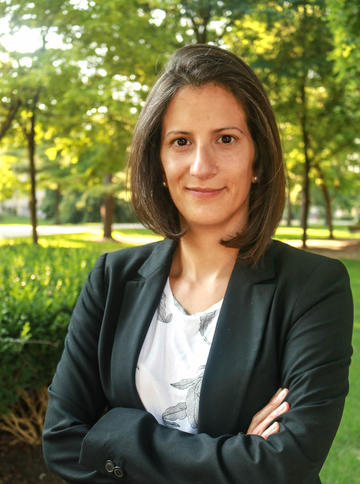Convener: Francesca Lessa (ODID/LAC)
Speaker: Lucía Tiscornia, Assistant Professor at the School of Politics and International Relations at University College Dublin
To join online, please register in advance:
After registering, you will receive a confirmation email containing information about joining the meeting

Abstract: In Latin America, the study of criminal organizations—gangs, mafias, cartels—has focused on countries where they deploy high capacity for violence towards the state and populations alike. A prevalent explanation for these organizations’ emergence and behavior linked to low levels of state presence and capacity. However, recent evidence shows the presence of criminal organizations also in cases like Argentina, Chile and Uruguay, where state presence and capacity are extensive. Focusing on the city of Montevideo, the capital of Uruguay, this project seeks to expand our knowledge of the behavior of criminal organizations in cases where one would not expect to find them. We argue that, paradoxically, high state presence and capacity are linked to criminal organizations’ violent behavior towards communities. The project employs a mixed-methods design, combining in-depth interviews with community leaders, members of NGOs, state and local authorities, and a public opinion survey containing list experiments.
Bio: Lucía Tiscornia is assistant professor at the School of Politics and International Relations at University College Dublin. She is also a Research Affiliate with the Violence and Transitional Justice Lab at the University of Notre Dame. She holds a PhD in political science and a master's degree in Peace Studies from the University of Notre Dame, where she was a PhD fellow at the Kellogg Institute for International Studies. She uses mixed methods to study transitional justice, security sector reform, police and criminal violence. Her research has been published in the Journal of Peace Research, Sociological Methods & Research, Studies in Comparative International Development, and Qualitative & Mixed Methods Research.